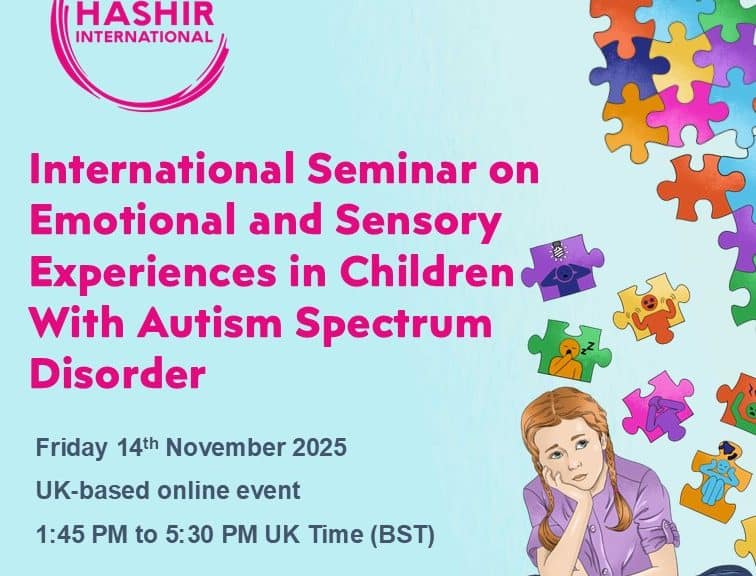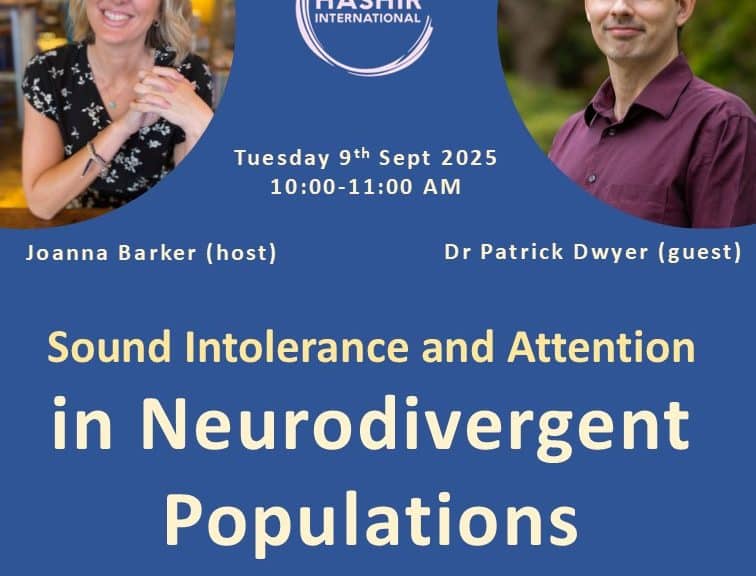1st International Seminar on Emotional and Sensory Experiences in Children with Autism Spectrum Disorder
The aim of this seminar is to explore different aspects of emotional and sensory experiences in children with ASD ranging from problems in emotion identification and regulation ability to dysfunctional processing of sensory information from different systems in their body such as tactile, vestibular, proprioceptive, visual, auditory, gustatory, and olfactory. The focus of the seminar is to help the participants to better understand the needs of this population, learn about the technological, medical and therapeutic support available, and highlight the directions for future research and development.
This event is suitable for occupational therapists (OT), teachers, managers of health and educational services for children, general practitioners (GP), policy makers, relevant charities, social workers, psychologists, audiologists, paediatricians, any other interested health-and social-care professionals and parents of children with ASD. This seminar brings together studies of OT, mental health, neuroscience, audiology, neurology, and other areas. A wide range of presentations are planned which offer practical guide for improving your services for children with ASD.



